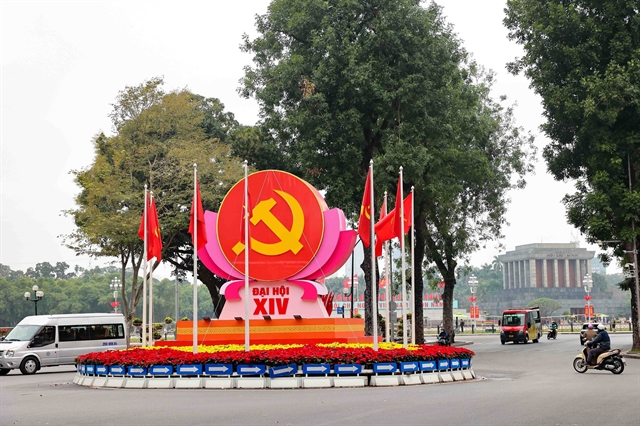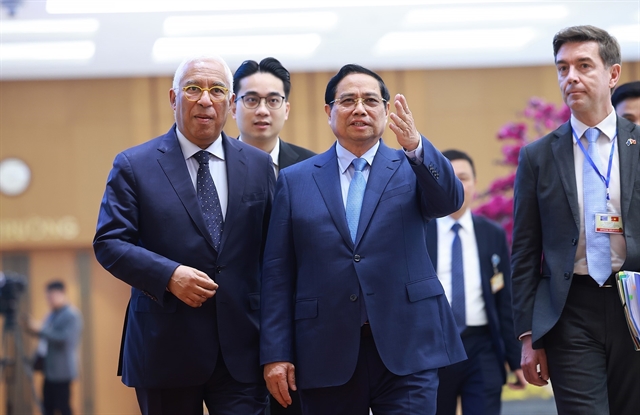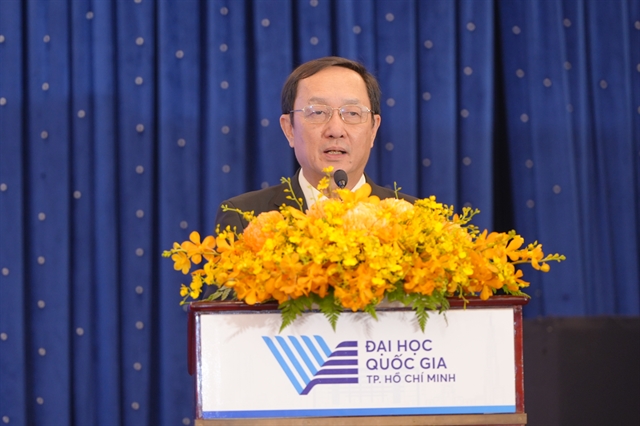 Economy
Economy
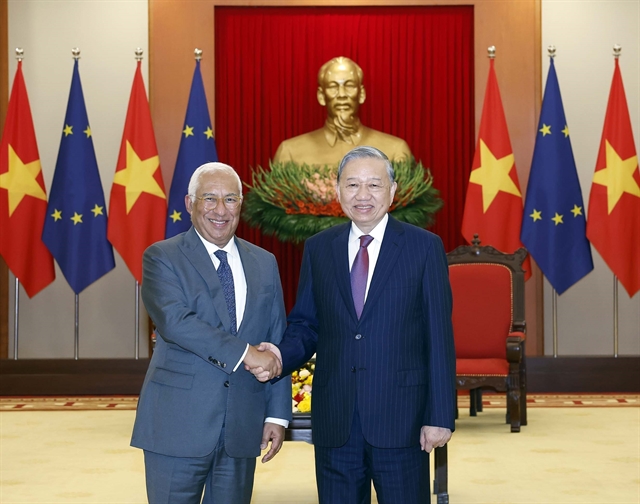
Many auto businesses have been anxiously waiting for the Government’s final decision on the auto import permission law.
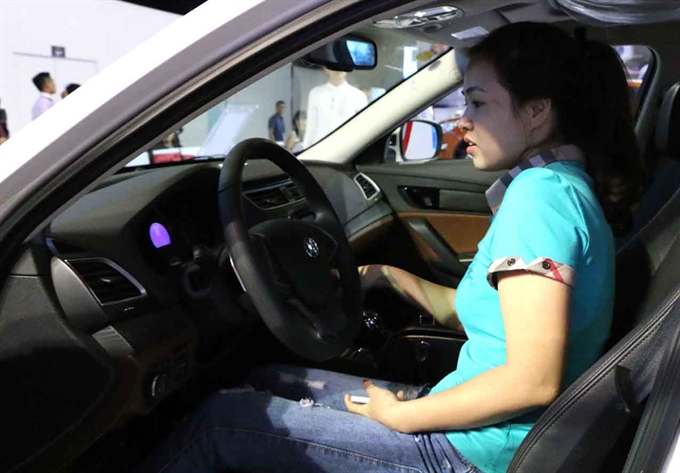 |
A woman test drives an imported car. The local auto industry is waiting for the Government to determine its new auto import permission law. — VNS Photo Đoàn Tùng |
HÀ NỘI — Việt Nam’s auto industry is anxiously waiting for the Government’s final decision on the auto import permission law.
The Ministry of Industry and Trade’s Circular 20 currently requires importers of complete built up units (CBUs) with less than nine seats to show proof that they are authorised dealers for foreign automakers, with a certification from a qualified auto maintenance centre granted by the Ministry of Transport.
The circular, which came into effect in June 2011 and was due to expire on July 1 this year, was aimed at tightening the import of CBU cars and compelling businesses to ensure that after-sales services, such as warranty and maintenance, matched manufacturers’ standards.
The circular expired but its contents were retained in a draft decree by the industry and trade ministry, which has been sent to the Government for approval and to relevant agencies for their input.
While waiting for the Government’s decision, auto businesses argued about the circular’s contents.
Businesses that meet the conditions to import automobiles, such as members of the Vietnam Automobile Manufacturers Association and Vietnam Car Importers Association approve of the circular, saying it is needed to protect customers’ rights in terms of quality and maintenance service.
However, many small and medium enterprises say the regulations generate an unfair business environment, creating a monopoly for those importing cars from official suppliers.
Nguyễn Tuấn, director of Thiên An Phú Company Ltd, said his business and about 200 auto importers of vehicles such as Toyota, Kia, Hyundai, and Daewoo, started out in 2006. By 2011, these businesses had developed markets, but when Circular 20 was issued they could no longer import automobiles.
“We understand that at a certain economic stage, the circular is suitable, but every circular should be in use for a certain period and should be changed when the economy becomes stable. The Government should return to the market economy which has competition in price and customer service,” Tuấn said.
In an audacious move, representatives of some auto businesses recently hung banners in front of the Ministry of Industry and Trade headquarters in Hà Nội supporting the abolition of Circular 20.
Deputy Minister of Planning and Investment Đặng Huy Đông was not in favour of retaining Circular 20.
In a talk with dautuchungkhoan.vn, the deputy minister said that if new businesses could not join the market, it would be limited.
He said the State should not intervene in customers’ decisions about buying cars. Ensuring the quality of imported cars was up to the Vietnam Register, he said. Each automaker should also have the right to choose its import agents.
The Chairman of Việt Nam Chamber of Commerce and Industry Vũ Tiến Lộc said the circular should be abolished to ensure all businesses could join the market in an open and fair manner.
Lộc said that if the regulations were dropped, it would encourage competition and customers would enjoy lower prices.
In an interview with the Vietnam Economic Times, he said the Government was considering proposals on auto imports from the industry and trade ministry.
"We believe the Government will consider and make a decision which will ensure healthy competition and a healthy business environment for the business community and for customers," Lộc said. — VNS

